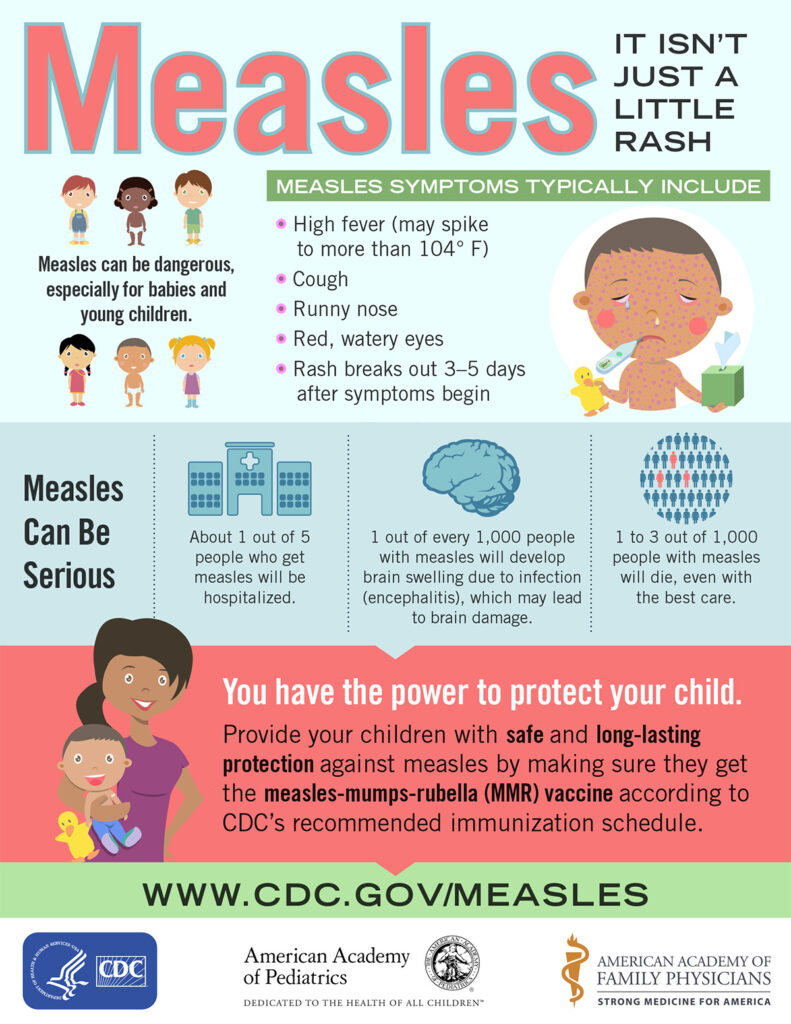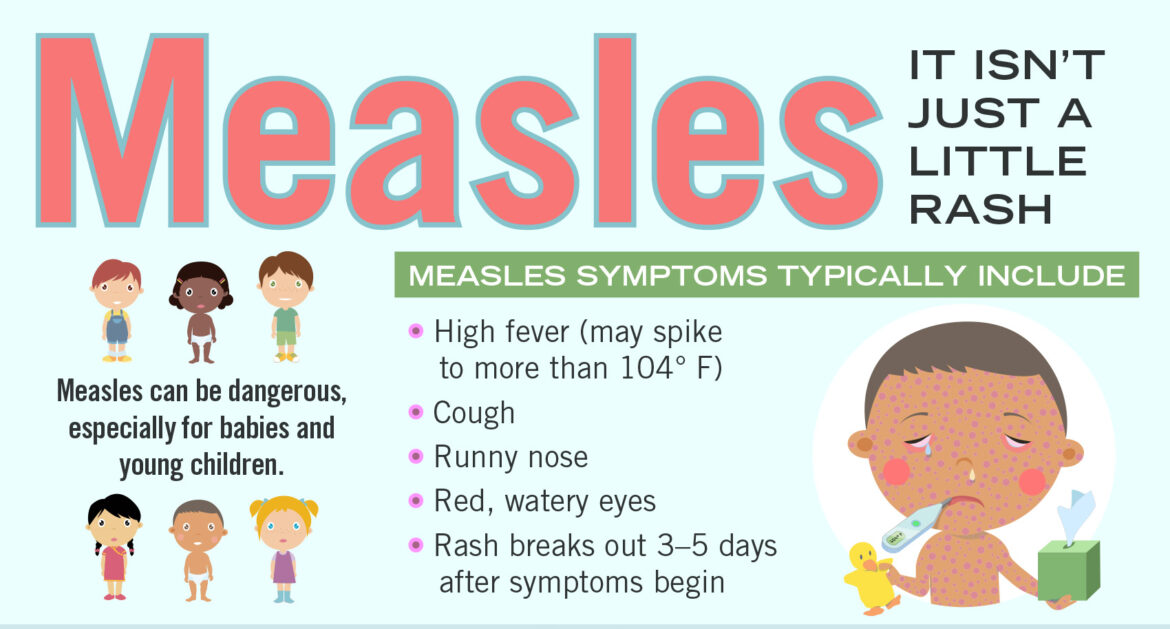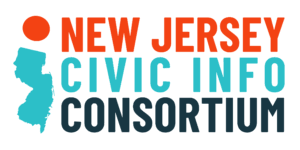
Health officials are investigating possible measles exposures in the Hopewell area following two unrelated confirmed cases of the highly contagious virus involving individuals who traveled through New Jersey, according to state and local health authorities.
As of Friday, there are no confirmed measles cases in Hopewell Township, but the township’s Health Department is looking into whether local residents may have been exposed. The potential exposures are linked to two specific locations identified by the New Jersey Department of Health (NJDOH): an Amtrak train and the emergency department at Capital Health Medical Center in Hopewell Township.
According to NJDOH, individuals who were at the hospital’s emergency department at 1 Capital Way in Pennington on March 22 between 5:15 p.m. and 1:30 a.m. March 23 may have been exposed. Anyone who was in that location during the specified timeframe could develop symptoms as late as April 12.
A separate exposure occurred aboard Amtrak Northeast Regional Train 175, which traveled southbound from New York Penn Station to Washington, D.C., on March 19 between 7:30 p.m. and 1:30 a.m. March 20. Passengers on that train may develop symptoms through April 10.
“We urge residents to contact their healthcare provider immediately if you notice symptoms of measles and to isolate yourself from others,” Hopewell Township Health Department officials said in a statement Friday. “Please remember to call your provider’s office or the emergency room first before arriving at any facility.”
As of March 28, no additional measles cases associated with the exposures have been identified. According to NJDOH, there have been three measles cases reported in New Jersey in 2025 to date — all part of a single household outbreak in February. There is currently no ongoing community transmission of measles in the state. In 2024, seven measles cases were reported in New Jersey.

Nationally, measles activity has sharply increased this year. From Jan. 1 to March 27, the Centers for Disease Control and Prevention (CDC) reported 483 confirmed cases across the country, including five outbreaks. Two deaths — one confirmed and one under investigation — have been reported. Most cases, 97%, involved individuals who were unvaccinated or had unknown vaccination status. The CDC reported 285 measles cases nationwide in all of 2024.
Measles symptoms include high fever, cough, runny nose, watery red eyes and a rash that typically begins on the face and spreads downward. Complications can include pneumonia, encephalitis and pregnancy-related risks such as miscarriage or premature birth.
Recent public debate has raised questions about the use of vitamin A in treating measles, but health officials stress that while it may support recovery in certain severe cases — particularly among children with deficiencies — it does notprevent infection and should only be used under medical supervision. Excessive doses can cause serious side effects, and vaccination remains the most effective and safest way to prevent measles, according to the CDC and NJDOH.
The virus spreads through the air when an infected person coughs or sneezes and can linger in a room for up to two hours. NJDOH urges all residents to stay current on routine vaccinations and to ensure they are up to date before traveling — especially with the measles, mumps and rubella (MMR) vaccine.
The MMR vaccine, typically given in two doses starting at 12 months of age, is the most effective protection against the virus. Health care providers are encouraged to assess immunization status during all patient visits, and health facilities should confirm that staff have documented immunity to measles.
More information about measles can be found on the NJDOH webpage, and CDC.








